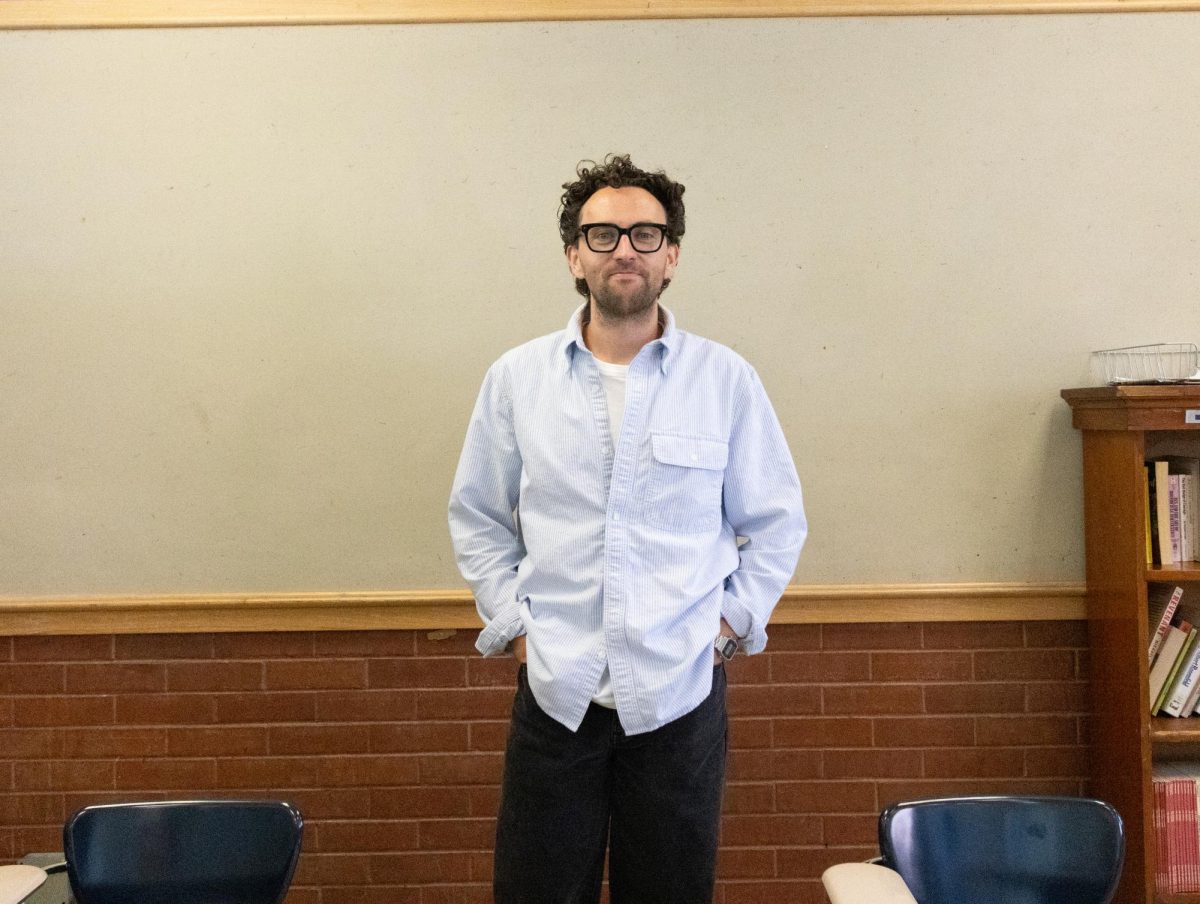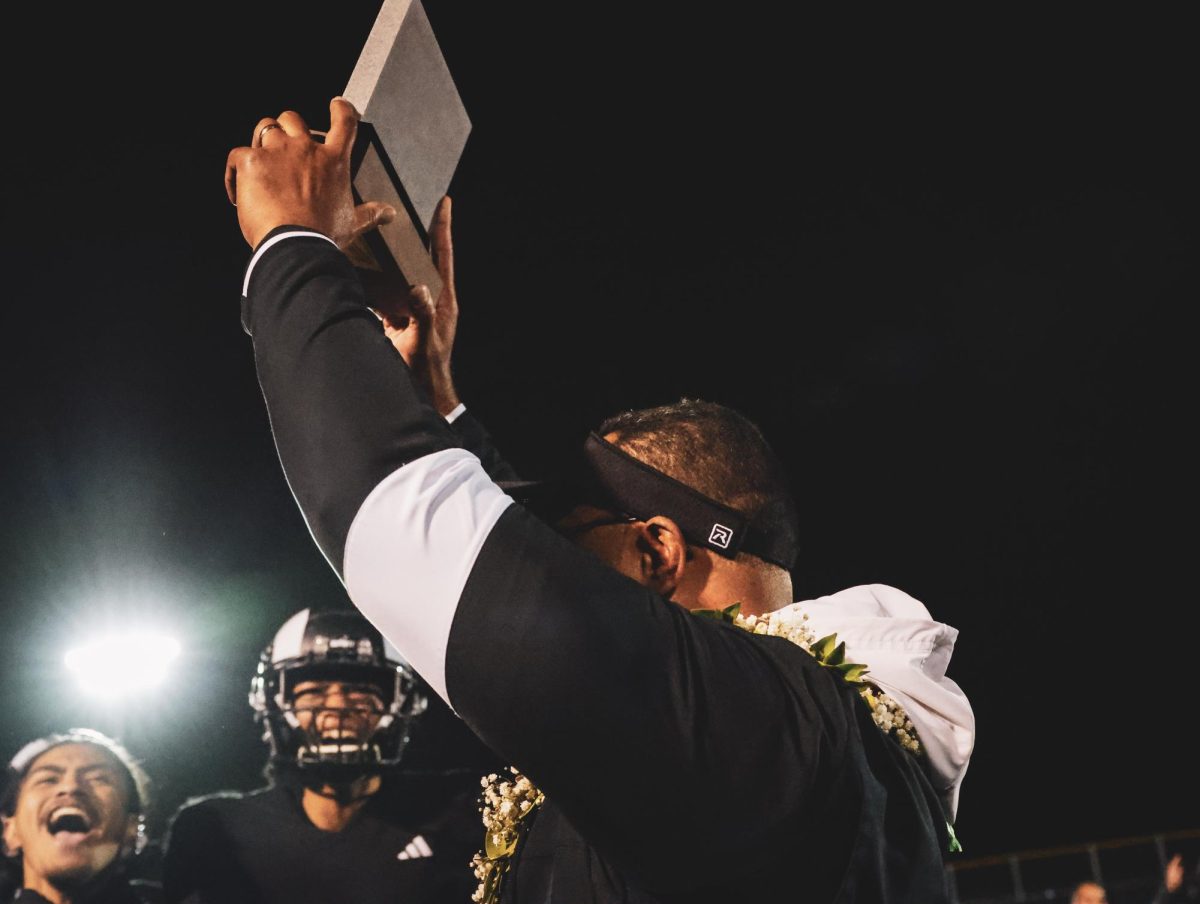Concussions Cause More Than a Headache
March 22, 2015
Concussions happen in many settings but their prevalence in school sports has raised awareness of the long-term effects of contact sports like soccer, football, and even baseball. Understanding concussions and their long and short term effects has become much more important as permanent damage can and often times does occur. Concussions can damage one’s brain permanently, often times without them even understanding the damage that has been done.
Senior Max Wilson is a prime example of concussions in sports causing permanent damage to one’s health.
“For me concussions started in 7th grade when I was playing Quarterback and I took a ton of hits. I was always taller for my age so I would drop my head when hits came to avoid body hits, which often lead to head to head contact.” Wilson said.
Wilson began to figure out the signs of a concussion and understood when he had been hurt. He experienced symptoms such as loss of memory, being disoriented or confused, experiencing headaches, having trouble sleeping at night, and an overall constant “brain fog”.
“I tended to get emotional, sad and quiet after I had suffered a concussion but that would vary with the injury.” Wilson said.
After these concussions started, they only seemed to get worse, increasing in volume and severity. After Wilson finished seventh grade, his concussions were occurring almost monthly. He even experienced two in a row in eighth grade. Surprisingly, this was after sitting out for a week from playing any contact sports. By the end of his eighth grade year he had suffered four mild to serious concussions. Heading into high school with past injuries he still played football, though after taking some hard hits his parents worried for his health and forced him to quit.
“My sophomore year I played football and had a bad concussion that knocked me out cold for a couple of seconds during a practice, this was my fifth and my parents said no more.” Wilson said.
Wilson now suffers from chronic migraines, keeping him from playing any contact sports and often keeping him out of school and away from friends depending on the severity of the attack.
“I definitely think all the concussions I had are linked in some way to many of the migraines I have now. I don’t think people really take concussions as seriously as they should. “ Wilson said.
Wilson is not alone in his repercussions from football and concussions, many high-profile athletes and stars have now forbidden their children from playing football as more and more research comes out about the permanent and life-altering damage that afflicts so many athletes. There is a greater risk for dementia, strokes, memory-loss, and many other health problems for even the casual athlete who takes repeated hits to his or her head.
While the evidence is alarming, not everyone agrees with the drastic step of not allowing kids to play certain contact sports. Better protective gear and subtle rule changes have dramatically reduced both the severity and frequency of many injuries.
Whether or not to play these sports is a personal decision, but any athlete must understand the impact that head injuries will have on them and most importantly, how to treat and diagnose them.





























